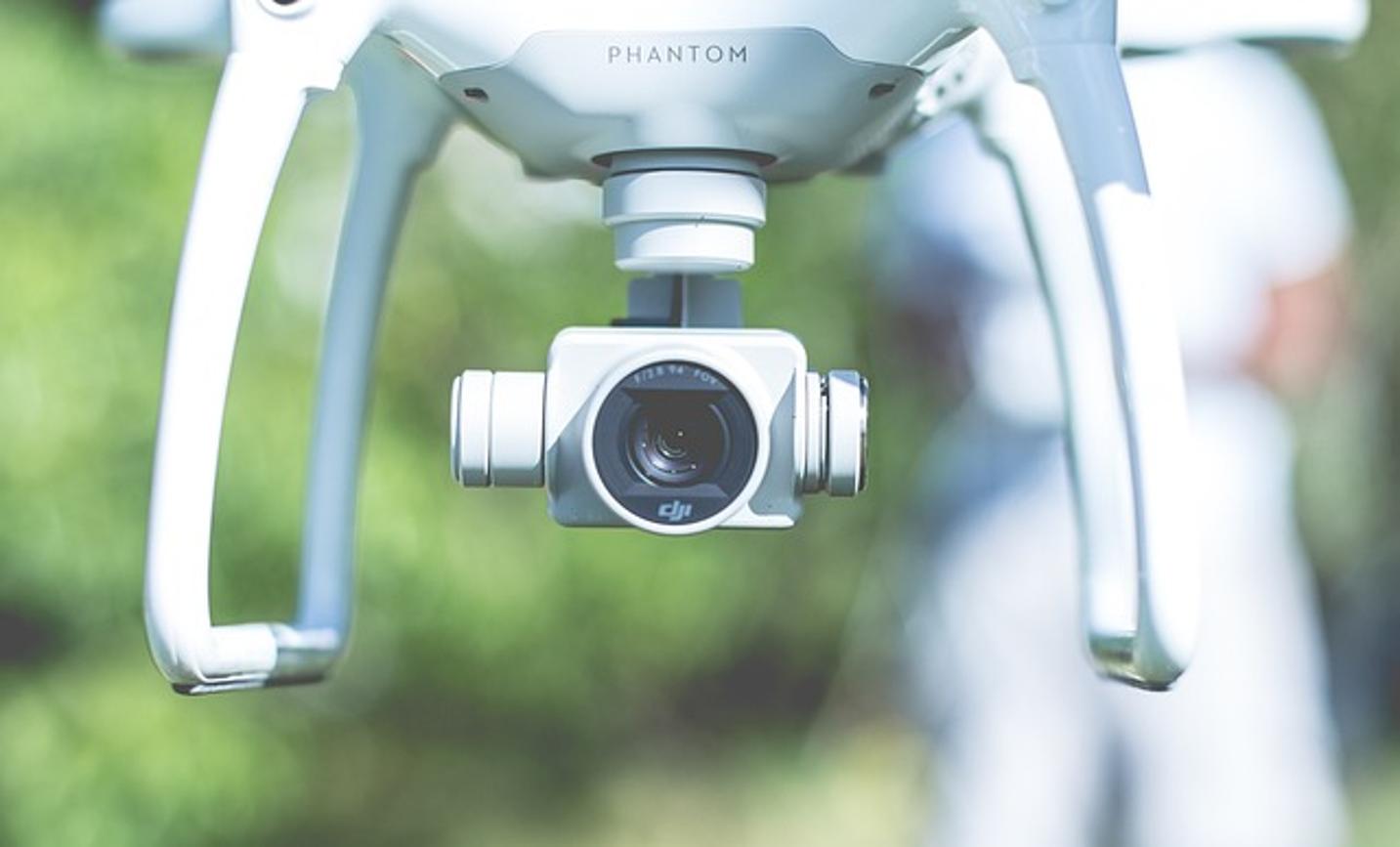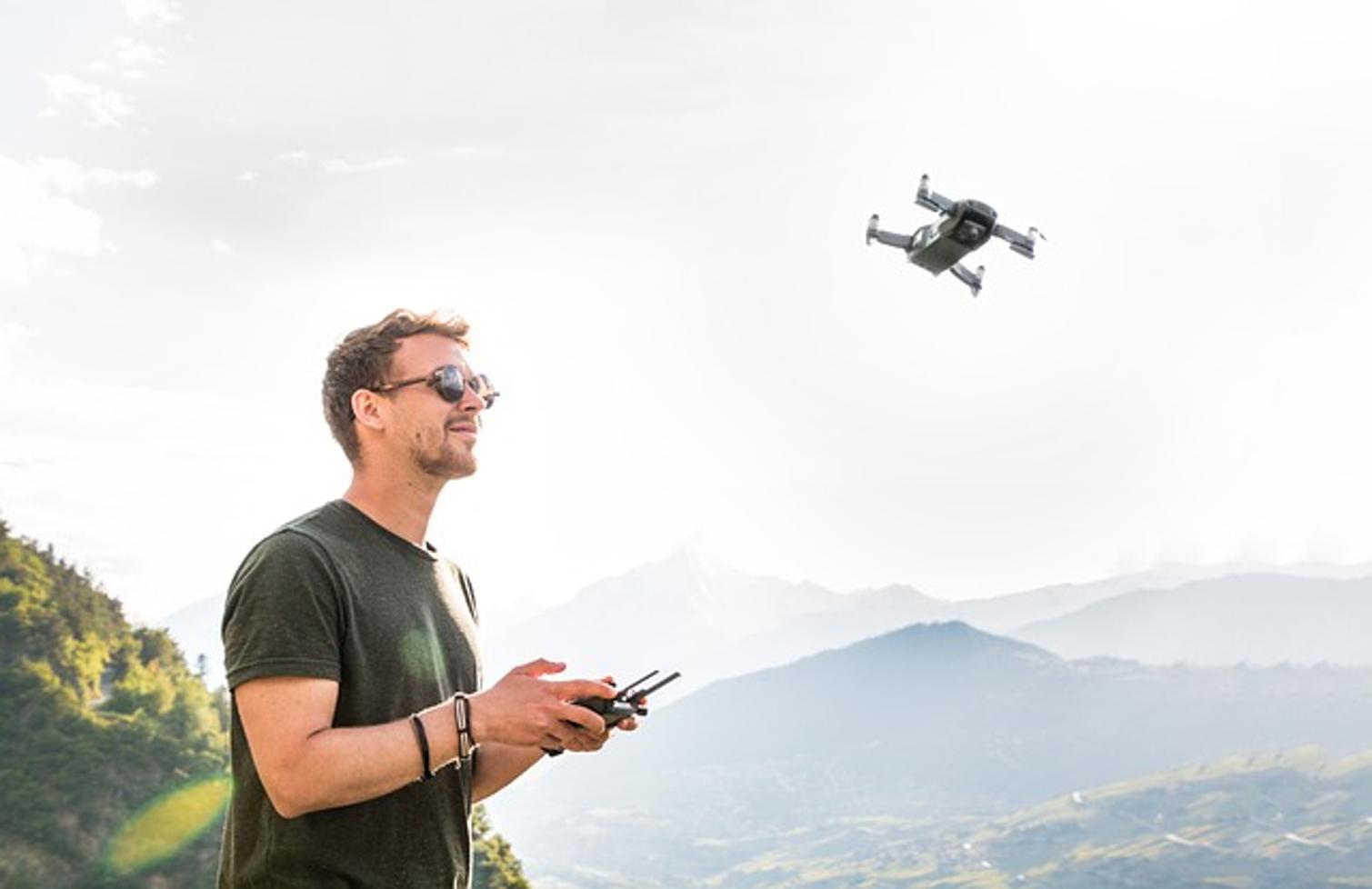Master Drone Flying: Comprehensive 2024 Guide
Introduction
Mastering Drone Flying Lessons: A Comprehensive Guide for 2024
Drones have revolutionized industries from photography to agriculture, and mastering the art of flying them has never been more critical. Whether you're an aspiring professional or an enthusiast, drone flying lessons offer a structured path to proficiency. This guide will explore why these lessons are essential, what they encompass, various types available, how to choose the right school, and tips for successful training.
Drone technology has rapidly advanced, making it accessible to hobbyists and professionals alike. However, piloting a drone safely and efficiently requires more than just unboxing and launching. Structured drone flying lessons provide several benefits that highlight their necessity:
- Safety: Learning from professionals can significantly reduce the risk of accidents. Understanding drone mechanics and controls ensures you can handle unexpected situations.
- Legal Compliance: Knowledge of aviation laws and regulations is crucial. Lessons typically cover airspace restrictions, necessary permits, and safety guidelines.
- Skill Development: Even if you're naturally good at handling gadgets, formal lessons help refine your skills, teaching sophisticated maneuvers, flight planning, and maintenance.
- Career Advancement: For those pursuing a career in drone piloting, structured lessons add credibility and enhance employability in industries such as real estate, filmmaking, and agriculture.
Given the increasing reliance on drones across various sectors, excelling in drone flying through professional lessons is more important than ever.
Drone flying lessons are meticulously designed to cover all aspects of piloting, ensuring that students gain a comprehensive understanding of both theory and practice. Here’s a breakdown of what you can expect during a typical session:

Overview of Curriculum
Drone flying lessons generally start with a foundational curriculum that includes:
- Drone Basics: Introduction to different types of drones and their components.
- Flight Theory: Concepts such as lift, thrust, drag, and gravity.
- Safety Protocols: Comprehensive coverage of pre-flight safety checks, safe flying practices, and emergency procedures.
- Aviation Laws: Understanding national and local regulations governing drone flights.
Hands-on Flight Training
Practical experience is a cornerstone of drone flying lessons. Students get to operate drones under the watchful eye of experienced instructors. Key areas covered include:
- Basic Maneuvers: Learning to take off, hover, and land.
- Flight Controls: Mastering control inputs for smooth and stable flight.
- Advanced Maneuvers: Performing complex actions like figure eights, orbits, and waypoint navigation.

Simulator Practice
For those who wish to polish their skills before flying an actual drone, many lessons incorporate simulator training. This involves:
- Virtual Scenarios: Practicing in various weather conditions and landscapes.
- Crash Prevention: Simulating emergency situations to build reflexes without risking damage to an actual drone.
- Repetition and Refinement: Continuously practicing maneuvers to achieve perfection in a controlled environment.
Understanding these components helps set realistic expectations and prepares students for comprehensive drone training.
Drone schools offer various courses tailored to different skill levels and requirements. Whether you’re a novice or looking to specialize, there’s a program for you.
Beginner Courses
Ideal for those just starting, beginner courses focus on the basics:
- Introduction to Drones: Understanding types and functionalities of different drones.
- Basic Flight Skills: Learning to control the drone and perform simple maneuvers.
- Safety Practices: Emphasizing safety protocols and regulations.
Intermediate Courses
Designed for those with fundamental knowledge, intermediate courses delve deeper:
- Advanced Flight Techniques: Teaching maneuvers like circle strafing and flight planning.
- Aerial Photography/Videography: Learning techniques to capture professional-grade footage.
- Maintenance: Basic troubleshooting and upkeep of your drone.
Understanding how to progress from beginner to intermediate lessons ensures a steady improvement in your drone flying skills.
Advanced Techniques and Specialized Training
For experienced pilots, specialized courses offer niche skills:
- Commercial Drone Operations: Training for industrial applications such as mapping, surveying, and inspections.
- Night Flying: Techniques for ensuring safe and effective operations in low-light conditions.
- FPV Racing: Training for First Person View drone racing, emphasizing speed and precision.
Knowing the type of training suitable for your skill level ensures you get the most out of your lessons.
Selecting the right drone school is crucial for gaining quality education and practical experience. Consider the following factors:
Accreditation and Reputation
Ensure the school is accredited by recognized aviation authorities. A reputable institution often has positive reviews and testimonials from former students.
Instructor Qualifications
Qualified instructors with substantial field experience can provide invaluable insights and hands-on guidance. Verify the credentials and expertise of the teaching staff.

Cost vs. Benefit Analysis
While cost is a factor, weigh it against the benefits provided. A slightly more expensive course with excellent trainers and thorough curriculum often justifies the investment.
By assessing these factors, you can select a drone school that aligns with your learning objectives and budget.
To maximize your learning and skill development, consider these top tips:
Join Drone Communities
Engaging with fellow drone enthusiasts allows for knowledge exchange and offers support. Social media groups and local clubs can provide valuable insights and networking opportunities.
Practice Consistently
Regular practice is key to mastery. Make time to fly your drone frequently, applying what you’ve learned in lessons to real-world scenarios.
Utilize Simulation Software
Many seasoned pilots benefit from simulation software, allowing for risk-free practice. This can help hone your skills and prepare you better for actual flights.
Incorporating these strategies can significantly enhance your learning experience and make you a proficient drone pilot.
Mastering drone flying is an exciting and rewarding journey. With structured lessons covering essential knowledge and practical skills, a variety of course options, and the right school selection, anyone can become a proficient drone pilot. By joining communities, practicing consistently, and using simulation software, you can further ensure your success in this fascinating field.
Frequently Asked Questions
What is the best age to start drone flying lessons?
The ideal age to start drone flying lessons is typically around 14 years old. However, younger enthusiasts can begin with supervision and basic toy drones to develop interest and skills safely.
How long does it typically take to become proficient in drone flying?
Becoming proficient can take from a few weeks to several months, depending on the complexity of the skills you're acquiring and how frequently you practice.
Are there any legal requirements before starting drone flying lessons?
Yes, most countries require drone pilots to be aware of and comply with national aviation regulations, which may include registration, obtaining permits, and understanding airspace restrictions. Checking local laws before starting lessons is crucial.



